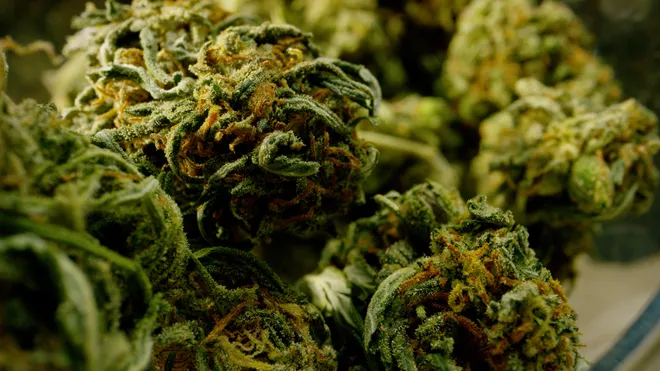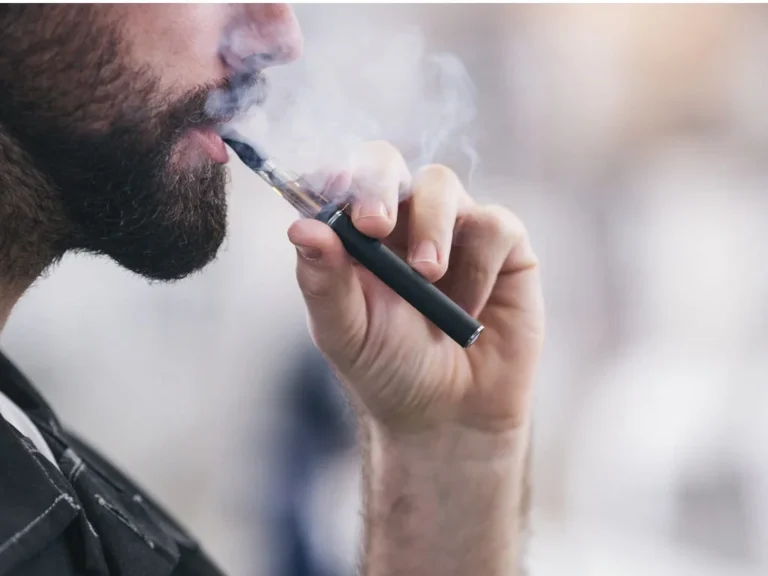Does Delta 9 THC Show Up On A Drug Test
Delta-9 tetrahydrocannabinol (THC) is the primary psychoactive compound in cannabis, known for the euphoric effects associated with marijuana use. As cannabis-related products continue to grow in popularity and legalization expands across more states, a common question arises: does Delta-9 THC appear on a drug test? Generally, the answer is yes, though the specifics depend on factors like the type of test, detection windows, and individual physiology.
Understanding Drug Testing for Delta-9 THC
Drug tests typically screen for THC metabolites, such as THC-COOH, rather than THC itself. When THC is processed in the liver, it produces metabolites that can persist in the body for a considerable time, stored in fat cells, which can extend the detection period.
Most drug tests designed to detect cannabis do not distinguish between different THC variants like Delta-9, Delta-8, or Delta-10. However, many tests focus specifically on Delta-9 THC due to its predominant role in marijuana and its psychoactive effects.
Employers and testing agencies use various types of drug tests, including urine, saliva, blood, and hair tests. Each has distinct detection windows and accuracy levels.
1. Urine Tests: Urine testing is the most popular method for detecting THC metabolites and is frequently used in workplace testing. Typically, THC can be detected in urine from a few days up to a few weeks post-consumption, varying with usage habits. Occasional users may have a shorter detection period, while regular users may test positive for up to a month or longer.

2. Saliva Tests: Saliva testing is often applied in situations requiring immediate detection, such as roadside checks. This test can identify THC for approximately 24 to 72 hours in occasional users but may last longer for frequent users. Unlike other tests, saliva tests detect the active THC compound rather than its metabolites, generally resulting in a shorter detection window.
3. Blood Tests: Blood testing is typically reserved for cases where recent consumption verification is necessary, as it has the shortest detection window for Delta-9 THC. Rarely used in workplaces, blood tests are more common in legal or accident investigations. THC is generally detectable in blood for up to 48 hours after use, though heavy users might retain it slightly longer.
4. Hair Tests: Hair follicle testing has the longest detection window, identifying THC metabolites up to 90 days post-use. Although less common and often expensive, hair tests offer insight into long-term use patterns by analyzing THC metabolites embedded in hair strands.
Factors Influencing THC Detection
Detection windows are impacted by individual differences in metabolism, usage frequency, body fat percentage, and hydration levels. Faster metabolisms eliminate THC more rapidly, and chronic users retain THC metabolites longer than occasional users. THC, stored in fat cells, may linger longer in individuals with higher body fat. Hydration may dilute THC in urine, but excessive hydration can lead to retests as labs check for overly diluted samples.
Legal Implications and THC Testing
Despite legal cannabis in some states, Delta-9 THC remains federally classified as a Schedule I substance, leading many U.S. workplaces to follow federal guidelines for THC testing. Federal policies do not differentiate between legally obtained THC (e.g., from cannabis products) and illegal sources, meaning employees in legal states may still face consequences if they test positive for THC.
Clearing THC from the System
There’s no guaranteed way to quickly eliminate THC from the body; detoxing generally requires time. Regular exercise and hydration may aid natural THC metabolism, though they aren’t foolproof and offer only minor reductions in detection times. Abstaining from THC remains the most reliable method to pass a drug test. While some detox products claim to cleanse THC, their effectiveness is often unproven and lacks scientific validation.
Conclusion
To summarize, Delta-9 THC is likely to appear in standard drug tests within each test’s detection window. The most effective way to avoid a positive test result is abstinence. With evolving cannabis laws, drug testing policies may eventually adapt, but for now, Delta-9 THC remains detectable in standard testing methods, impacting employment and legal circumstances.





